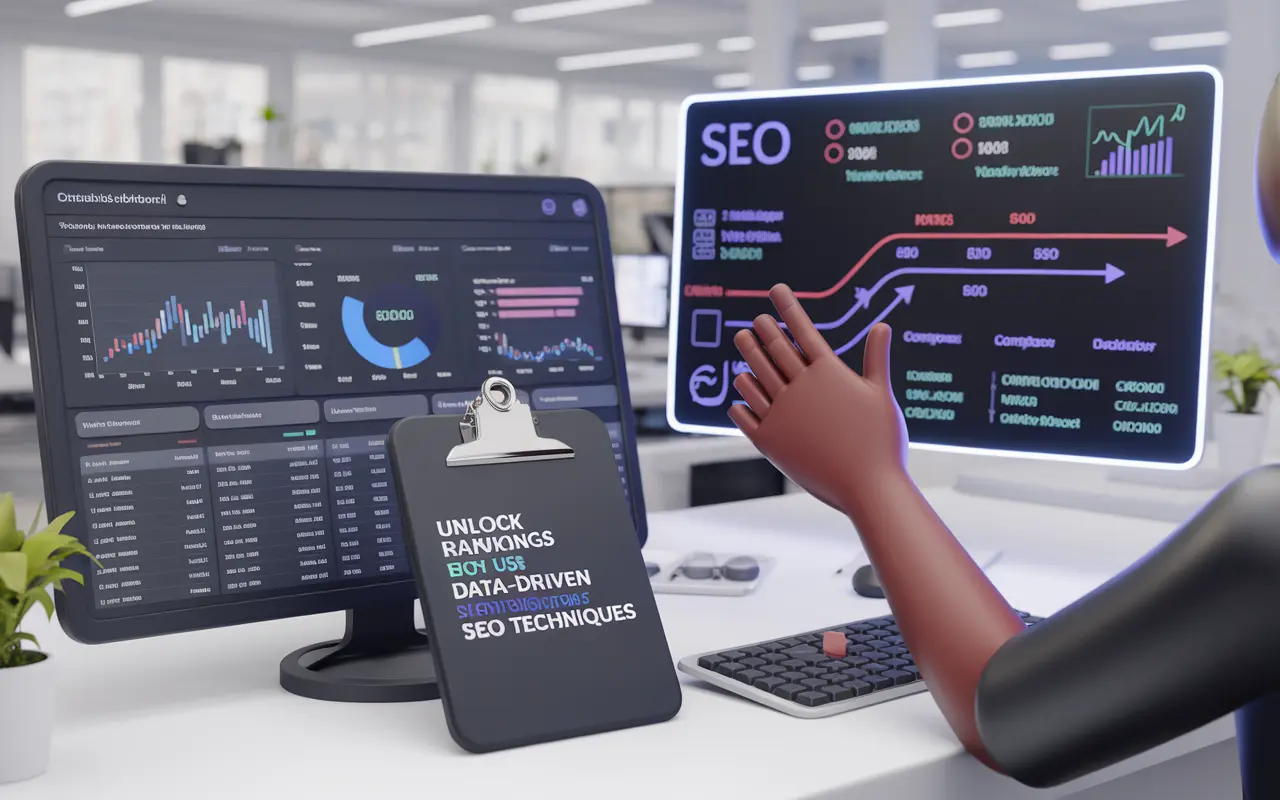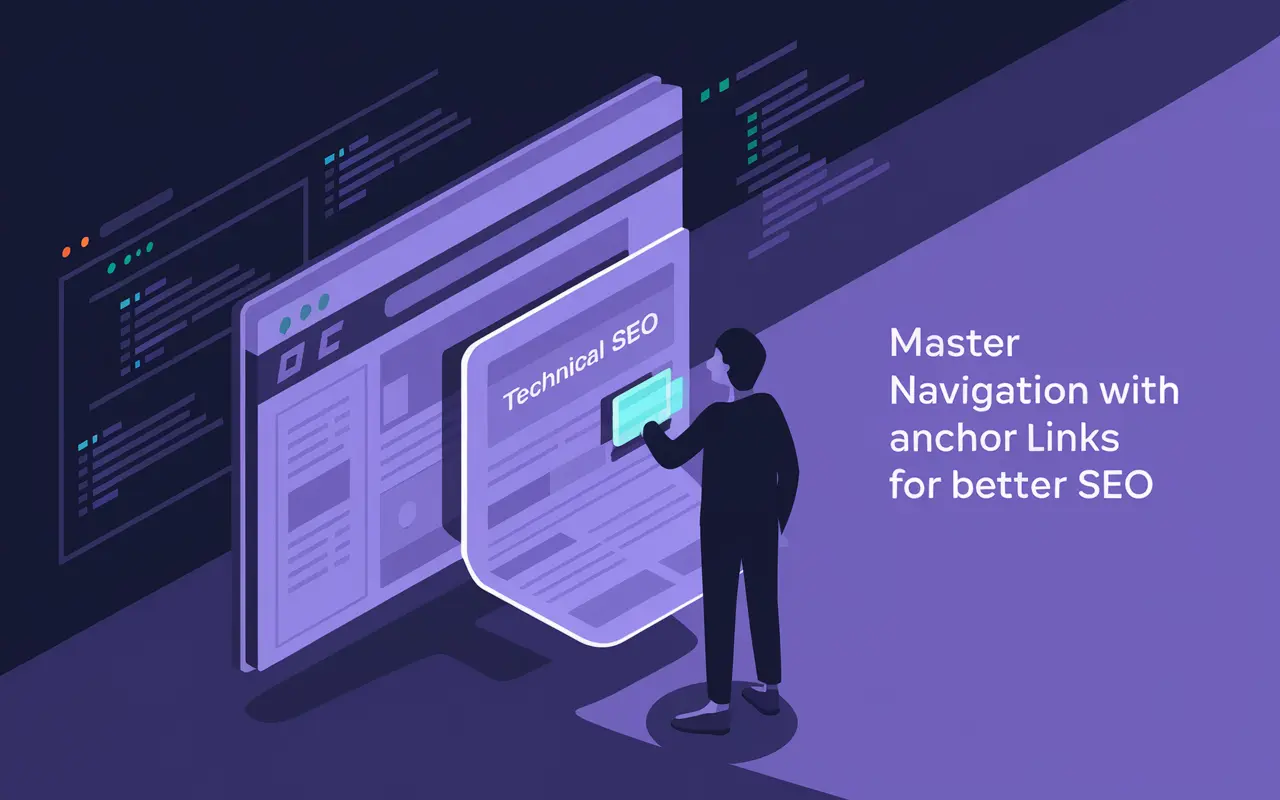Understanding How to Implement a Successful PPC Campaign for SEO
Implementing a successful Pay-Per-Click (PPC) campaign for SEO is a strategic practice that combines paid search advertising with organic search engine optimization. By leveraging data from PPC campaigns — such as click-through rates (CTR), conversion metrics, and keyword performance — brands and marketers can optimize their SEO strategies more effectively. Additionally, PPC enhances immediate visibility on search engine result pages (SERPs), providing complementary benefits to long-term organic SEO initiatives.
While SEO focuses on gaining visibility through unpaid methods, PPC allows for precise audience targeting and rapid traffic acquisition. When combined, they form a powerful digital marketing synergy that accelerates visibility and maximizes ROI.
Key Takeaway
Integrating PPC with SEO offers both immediate visibility and long-term growth by uncovering high-converting keywords, testing content messages, and boosting brand authority through SERP dominance.
Why PPC Campaigns are Crucial for SEO Success
A well-executed PPC campaign can significantly contribute to your overall SEO strategy. Here’s how PPC directly impacts SEO growth and performance:
1. Keyword Insights Fuel Organic Strategy
PPC campaigns provide real-time keyword performance data, revealing which search terms convert best. Marketers can then prioritize those keywords in their SEO content strategy to improve organic performance.
2. Faster Testing of Meta Elements
With PPC, you can rapidly test ad copy, headlines, and meta descriptions to determine what messaging results in the highest CTR. These insights can guide organic content creation for superior results.
3. Increased SERP Coverage
Appearing in both paid and organic listings gives your brand greater SERP dominance, improves visibility, and builds trust with users. This cross-channel presence can lead to higher click rates and brand recall.
4. Retargeting and Audience Building
PPC facilitates retargeting of users who discovered your site organically, giving you another touchpoint to reinforce intent and improve conversions.
Best Practices for Running a PPC Campaign that Supports SEO
To ensure your PPC efforts align with and strengthen your SEO, implement these tactical best practices:
- Run Intent-Based Keyword Research: Use platforms like Google Ads or Ahrefs to uncover high-intent, long-tail keywords that could also perform well organically.
- Implement A/B Testing on Ad Copies: Try different CTAs, value propositions, and formats to identify messages that convert — then apply them across meta tags and SEO content.
- Leverage PPC to Test Landing Pages: Run traffic to various landing pages to discover which layouts and formats produce better engagement metrics that you can apply to SEO site structures.
- Sync PPC Keywords with SEO Goals: Ensure that your ad campaign keywords match content topics being targeted in SEO to create alignment and prevent channel cannibalization.
- Use Negative Keywords Smartly: Filter out irrelevant traffic to maintain higher quality scores and better conversion rates, which reflect well analytically across organic efforts too.
- Monitor Quality Score Metrics: Campaigns with high quality scores indicate effective relevance, which hints at SEO-friendly page structure, keyword placement, and UX quality.
How a Successful PPC Campaign Works in the SEO Process
The following is a step-by-step overview of how PPC campaigns directly interface with organic SEO strategies:
Step 1: Run Keyword Evaluation via PPC
Launch paid ads targeting a range of keywords. Use Google Ads and Bing Ads to test and evaluate broader and exact match terms to see what produces the best CTR and ROI. These insights guide organic keyword targeting.
Step 2: Analyze Paid Search Performance
Track key indicators such as conversion rate, time on page, and bounce rates. Content that resonates in PPC often translates to SEO-friendly engagement factors, helping you refine long-form blog articles or landing pages accordingly.
Step 3: Apply Learnings to Organic Content
Data gathered from successful PPC headlines, CTAs, and landing page structure should inform your organic content, blog strategy, and on-page SEO elements for maximum performance.
Real-World Example: Boosting SEO Performance Through Smart PPC Campaigns
Problem: A SaaS Company Struggled with Organic Conversions
A mid-sized SaaS company was ranking on the first page for various industry keywords, but failing to convert organic traffic into leads.
Solution: Tested Landing Pages and Keywords with PPC
The company ran PPC ads targeting similar organic keywords and experimented with landing page designs and headlines. They focused on CTR and conversion metrics to find the optimal layout.
Results: 38% Increase in SEO Conversions After Reapplying PPC Learnings
After implementing top-performing ad elements into their SEO pages, the brand saw a 38% increase in organic conversions within 60 days and reduced their bounce rate by 25%.
Common Mistakes to Avoid When Using PPC for SEO
- Overlooking Analytics Integration: Not syncing PPC data with Google Analytics can result in missed insights that would benefit SEO content strategy.
- Targeting Identical Keywords Without Coordination: Running ads against the same keywords you rank for organically can cause competition between your own channels.
- Neglecting Landing Page SEO: Driving paid traffic to pages that aren’t optimized for organic visibility leads to siloed marketing efforts.
- Improper Budget Allocation: Failing to invest enough in ad testing limits the amount of usable data for organic strategy development.
Related Terms You Should Know
- SEO Audit: A review of all SEO factors to identify areas for improvement, including PPC insights in some reports.
- Conversion Rate Optimization (CRO): Enhancing landing pages (informed by PPC data) to increase the proportion of visitors who convert.
- Keyword Research: The foundational discipline for both SEO and PPC to identify profitable search terms.
FAQs About How to Implement a Successful PPC Campaign for SEO
No, Google has confirmed that PPC ads do not directly influence organic rankings. However, PPC supports SEO by providing valuable keyword and conversion data, as well as increased brand visibility.
Use PPC platforms like Google Ads to test different sets of keywords. Analyze impressions, CTR, and conversion rates to discover which terms perform best. Then use those insights for organic targeting.
Yes, this can help you test effectiveness of specific headlines and CTAs while also collecting UX data — improving your SEO versions of those pages based on real-time data.
Start small with a $500–$1000 budget to test various variables. Increase spend gradually based on ROI and the clarity of insights you gain for your SEO strategy from PPC performance data.
Conclusion: Why You Should Integrate PPC with SEO
Implementing a successful PPC campaign for SEO accelerates learning, optimizes keyword strategies, and improves conversions through informed content decisions. Brands that align paid and organic efforts gain significant SERP real estate, better conversion tracking, and measurable ROI across campaigns.
By integrating PPC into your SEO strategy, you’re not only maximizing your marketing investment but also creating a data-driven feedback loop that continuously improves your visibility and relevance on search engines. To learn more, explore our detailed guide to SEO services.
| PPC Element | SEO Benefit |
|---|---|
| Ad Headline Testing | Informs Meta Title Optimization |
| Keyword Performance Data | Improves Organic Keyword Targeting |
| Landing Page Performance | Enhances On-Page SEO & Engagement |
| CTR Benchmarks | Provides Engagement Insights for SEO Pages |






